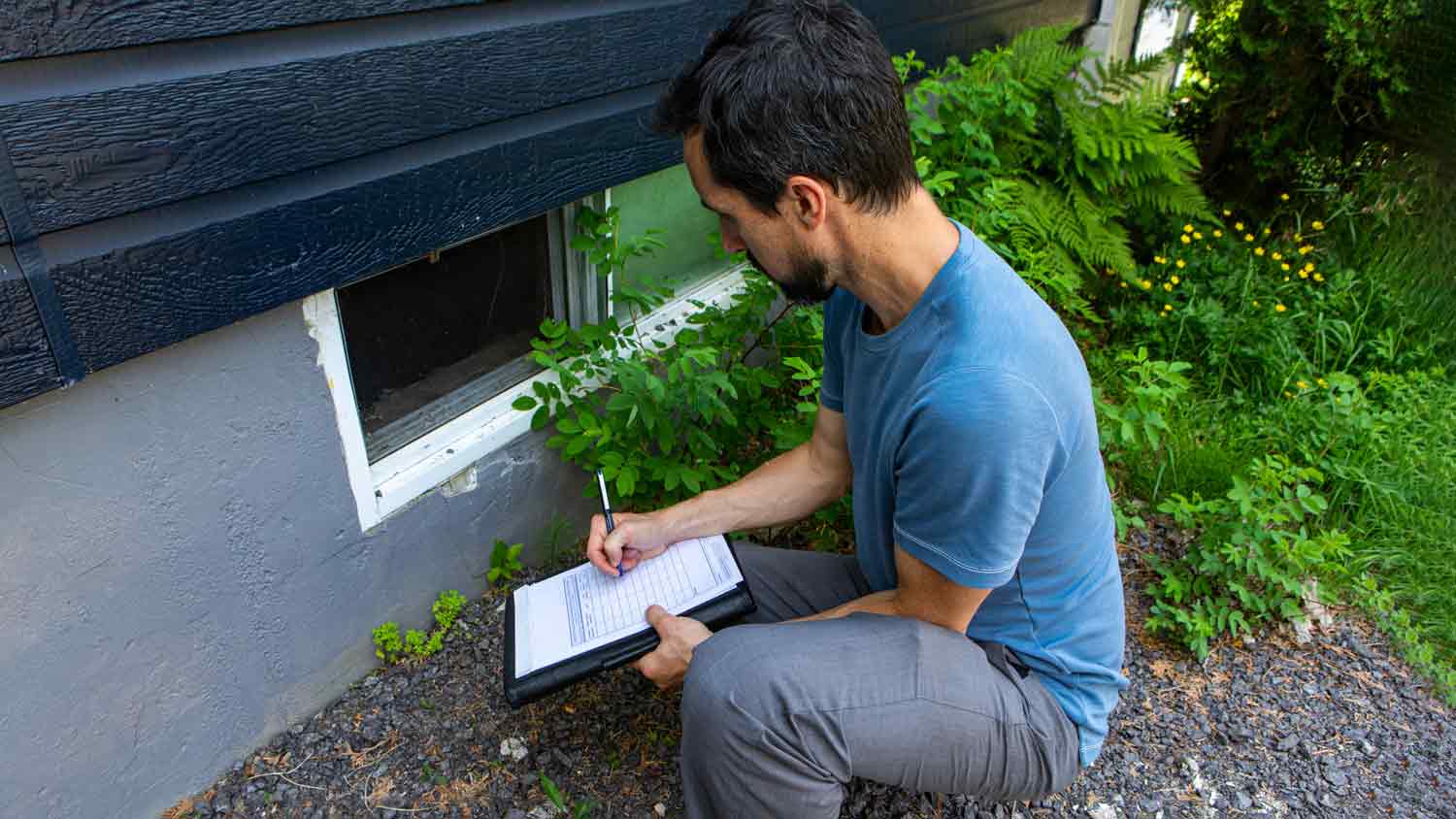
Drone roof inspection costs vary depending on the roof’s size, complexity, and material. Use this guide to budget for a drone roof inspection.
The wrong attendees can make the deal go off the rails


The only person who technically needs to be at the property is the home inspector.
It’s a good idea for the buyer to be present to see issues firsthand and learn about the property in greater detail.
Sellers are emotionally attached to the property and generally shouldn’t be present to avoid issues.
A home inspection is a crucial part of buying a home, as it shows you exactly what you’re buying and gives you an idea of repairs you might need to fix after closing. To help make sure you’re prepared for this pivotal part of the process, we’ll explain who should attend the home inspection and why in this guide.

The only person who must be present for a home inspection is the local home inspector you hired to inspect the property. However, it’s common for the buyer’s agent to be present to provide access, and it’s a good idea for the buyer to be present, but only if the buyer’s agent is also there.
If you’re purchasing a home and expect to carry out major repairs, you may want to bring a general contractor to start getting estimates for the work. Remember that home inspectors and general contractors are not the same, so you should never substitute hiring a home inspector for hiring a general contractor.
Some sellers may require that their own agent be present for the inspection, and some might insist on being present themselves. These scenarios aren’t ideal, though, as other people's presence can put unnecessary pressure on the inspector, who should remain unbiased.
Buyers should attend a home inspection with their agent, and there are a few key benefits to attending as a buyer.
You learn about the home you’re buying: A home inspector can point out key components of your potential new home, like your circuit breaker and sub-panels, your water main, heating and cooling equipment, and more. Knowing where these items are is always good before you move into a home.
You can ask questions about issues that the inspector finds: The most significant upside of attending the home inspection as a buyer is that you can ask questions. You can get clarification on issues that fail the home inspection or future repairs your pro believes you’ll need, but you might not get answers on the inspection report.
You’ll understand the inspection results better: Your inspector will provide a home inspection report that can be confusing and may make problems seem worse than they are. Walking the property with your inspector can help clarify issues and identify areas you can monitor for worsening symptoms.
You can discuss specific concerns: Finally, if you’re concerned about particular components in the home, you can ask your inspector to focus on those to put your mind at ease. That can include a professional opinion about the remaining roof life, structural problems, and more.
Sellers and their agents can attend a home inspection, but it’s usually not a good idea. Sellers should typically prepare for a home inspection by setting up a time when all residents will be out of the home. Home inspections usually take one to four hours, so plan for a vacant house for about that long.
Sellers are emotionally invested in the property and the transaction, so they can take problems the inspector finds personally and may even get in the way of the inspection itself. The inspector needs to remain focused and unbiased, and a seller's presence can be a distraction or even put pressure on the expert as they work.
A seller may require their own representation—their real estate agent—to be present during the inspection, especially if their agent didn’t recommend the home inspector or isn’t familiar with their work. This usually isn’t an issue and is more just for the seller’s peace of mind so that people aren’t in the home unattended, but the agent should take care not to get in the way of the inspection or distract the buyer.
From average costs to expert advice, get all the answers you need to get your job done.

Drone roof inspection costs vary depending on the roof’s size, complexity, and material. Use this guide to budget for a drone roof inspection.

If you’re buying a home, having an inspection offers reassurance that it’s in good condition. How much a home inspection costs varies depending on the home's size, age, condition, and location.

Home appraisals are an important part of buying or selling a home and getting a mortgage loan. Learn more about home appraisal costs and what they include.

Learn about mobile home inspection costs and some additional costs you might have to pay so you can budget before moving in or closing on your new home.

A home inspection is a necessary part of selling your home. Learn how to prepare for a home inspection for the best results and a good inspection report.

Home inspections typically look for potential health hazards, but do they check for asbestos? Find out what you need to know about asbestos to keep your home safe.